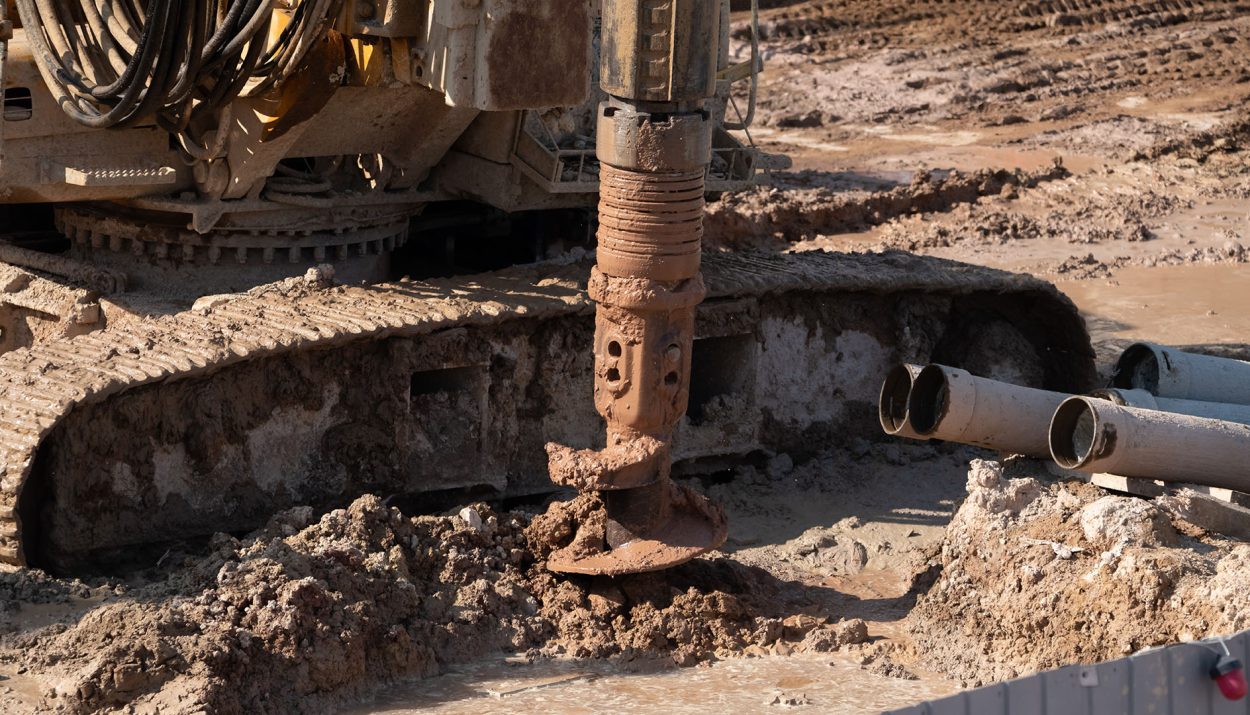A Massachusetts startup aims to drill more than 12 miles into the Earth to tap what experts have termed a “million-year energy source” that lies below us. Quiase Energy has announced the closing of a $40M Series A fundraising round for their ambitious getaway-scale geothermal project.
Quaise Energy is an offshoot of MIT Plasma Science and Fusion Center in 2018. So far, they’ve gathered $63 million, with $18 million from starting funds and $5 million from grants.
Partners Join Hands For Successful Fundraiser
The latest fundraising round was led by Safar Partners with partnerships from Prelude Ventures, Fine Structure Ventures, The Engine, Collaborative Fund, Nabors Energy Transition Ventures, and others.
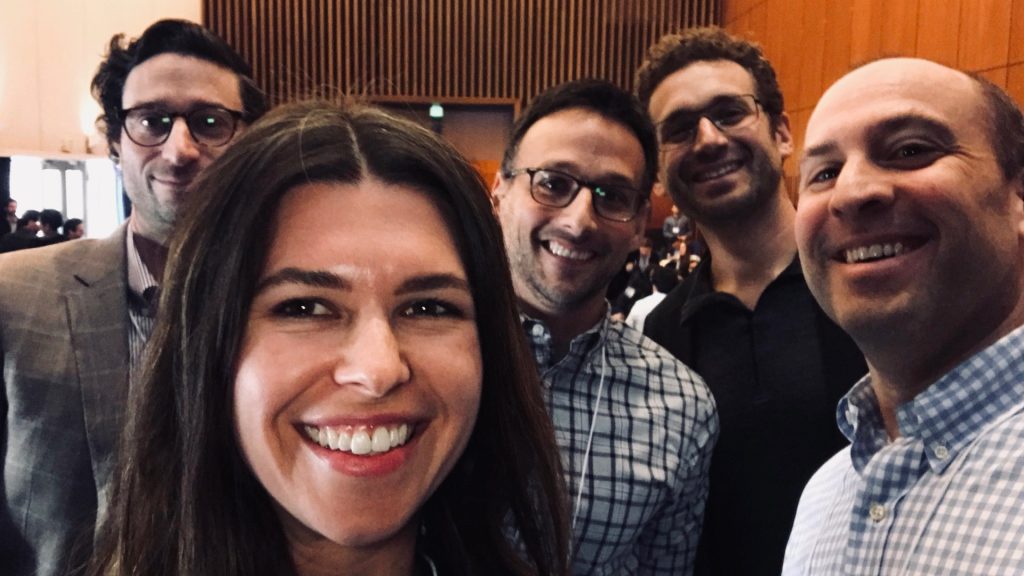
Safar Partners’ Arunas Chesonis and Mark Cupta from Prelude Ventures have joined Quaise Energy’s Board of Directors as part of the financing.
Big Expansion On The Horizon
The funding will be used to speed up the project’s development. It will also expand its multi-disciplinary teams based in Boston, Houston, and Cambridge, UK. This will double its number of engineers and create new roles to refine and implement its commercialization strategy.
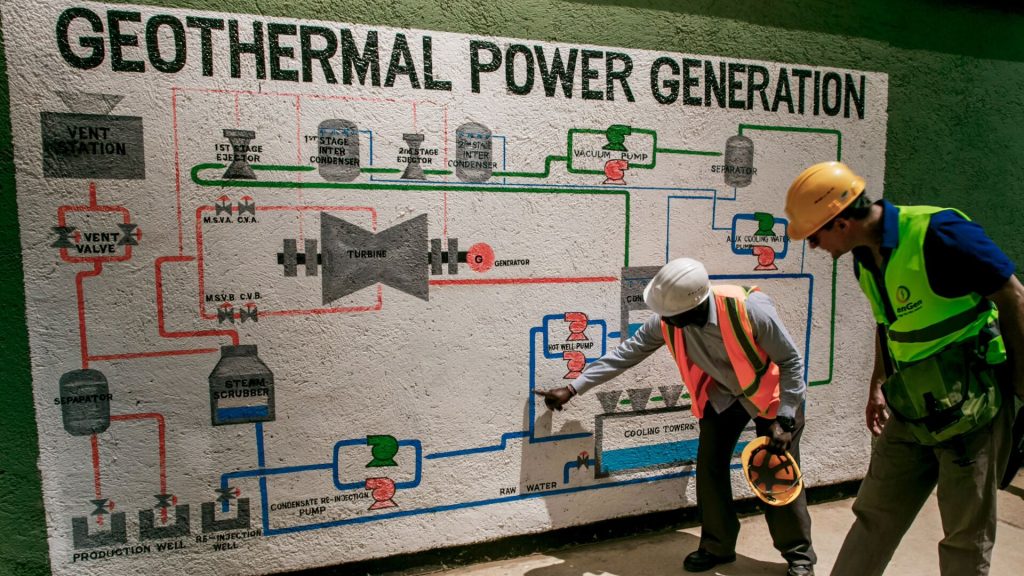
“This funding round brings us closer to providing clean, renewable baseload energy,” said Carlos Araque, CEO and co-founder of Quaise Energy.
A Solution To Global Warming
With global warming fast becoming a threat to life as we know it, the project comes at the right time. Mark Cupta, Managing Director at Prelude Ventures talked of the need to secure a massive amount of carbon-free energy in the coming decades.
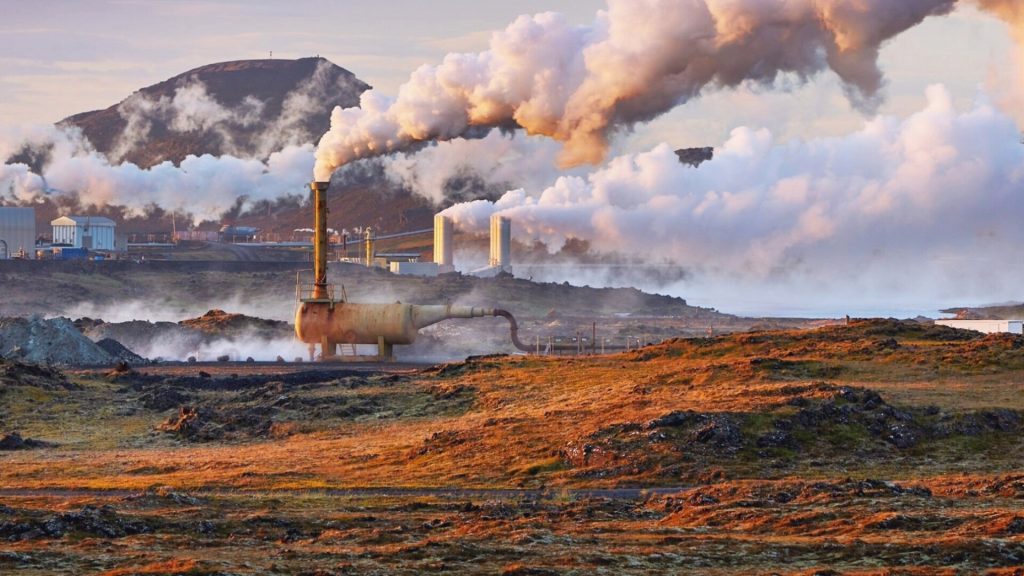
He talked about the Quaise Energy project as a highly ‘resource-efficient’ and almost infinitely scalable solution to power the planet. He added that it perfectly complements their current renewable solutions, enabling them to achieve baseload sustainable power in the foreseeable future.
Quaise’s Global Energy Revolution
If successful, this project could transform our energy system, providing cleaner and “virtually unlimited” power all over the globe. To crown it all, the project will make use of existing power plants, infrastructure, and work crews to get the job done, all per Quaise.
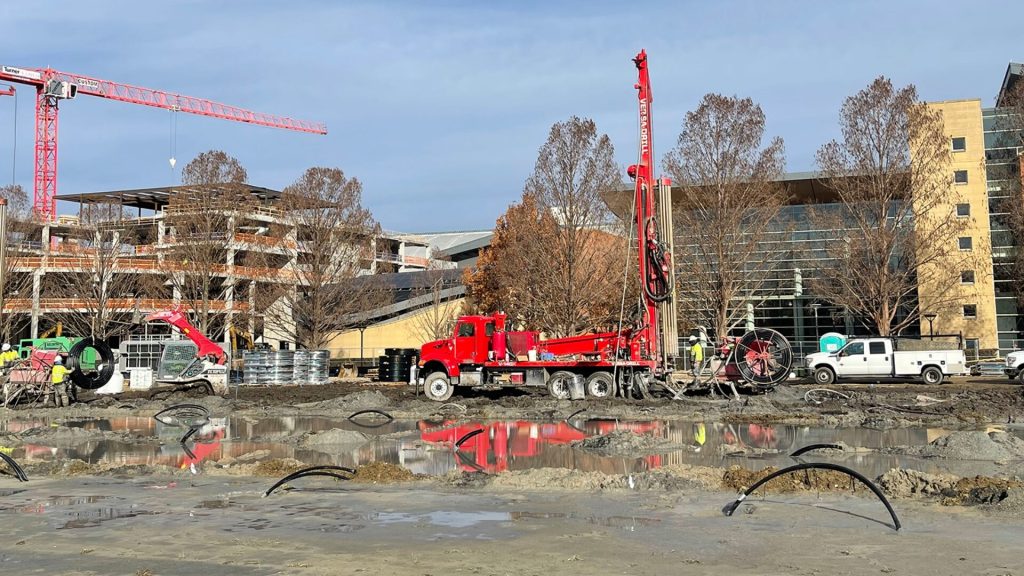
“Our technology allows us to access energy anywhere in the world, at a scale far greater than wind and solar. Enabling future generations to thrive in a world powered with abundant clean energy,” Quaise CEO Carlos Araque said in the press release.
Quaise’s Project Explained
The project begins by drilling deeper, hotter, and faster than ever before using a device called a gyrotron, as stated on the company’s website. After using standard drills to cut through initial ground layers, Quaise experts will use special hole-makers that employ “millimeter waves” to reach even deeper depths.
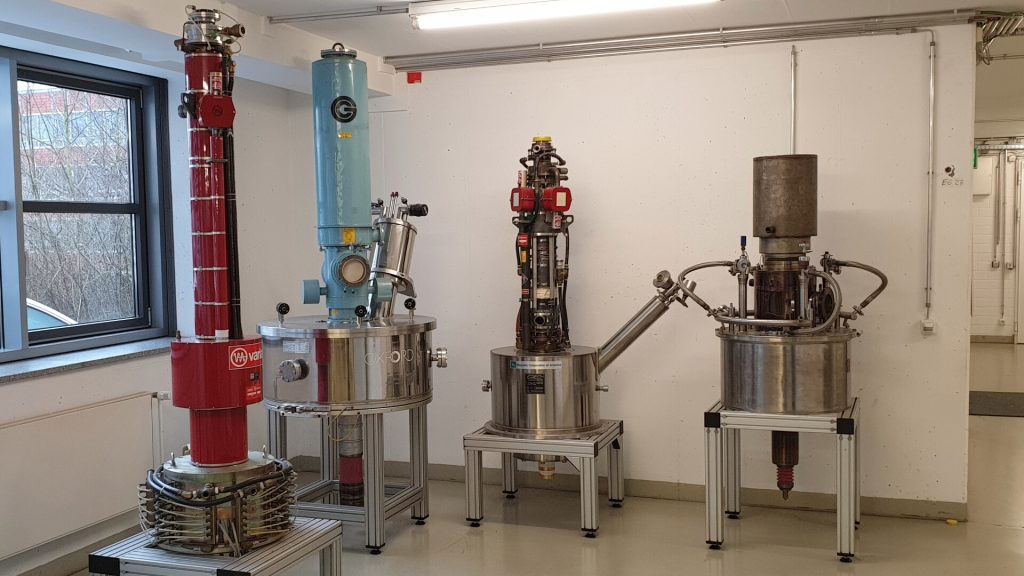
At the bottom, temperatures are expected to reach 932 degrees Fahrenheit at around a dozen miles down, according to the startup.
Growing Interest In Geothermal Technology
“At these temperatures, geothermal is so powerful that it can repower most fossil-fired power plants around the world. It enables a much faster energy transition,” the Quaise experts mentioned on the company website.
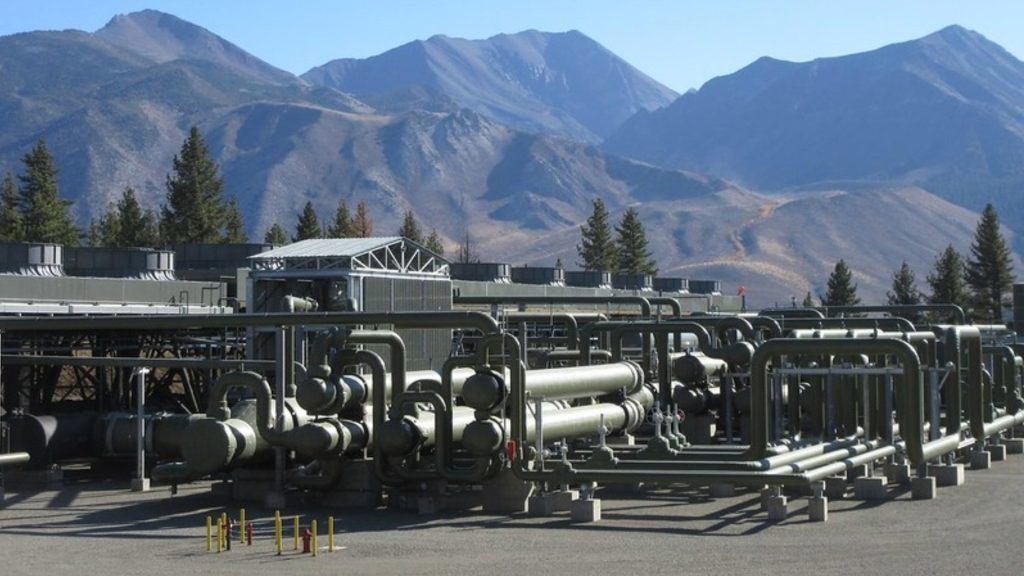
Geothermal technology is already being used in practice. Government programs offer rewards to homeowners who switch to heating and cooling systems that use renewable underground temperatures. Even Google is investing in this technology to help power its large databases.
Quaise’s Bold Geothermal Vision
Quaise’s initiative pushes the concept to entirely new and unprecedented heights. In addition, the company claims that it can rehire oil and gas workers while producing energy with minimal waste. Quaise also plans to use less than 1% of the land needed for solar and wind projects.
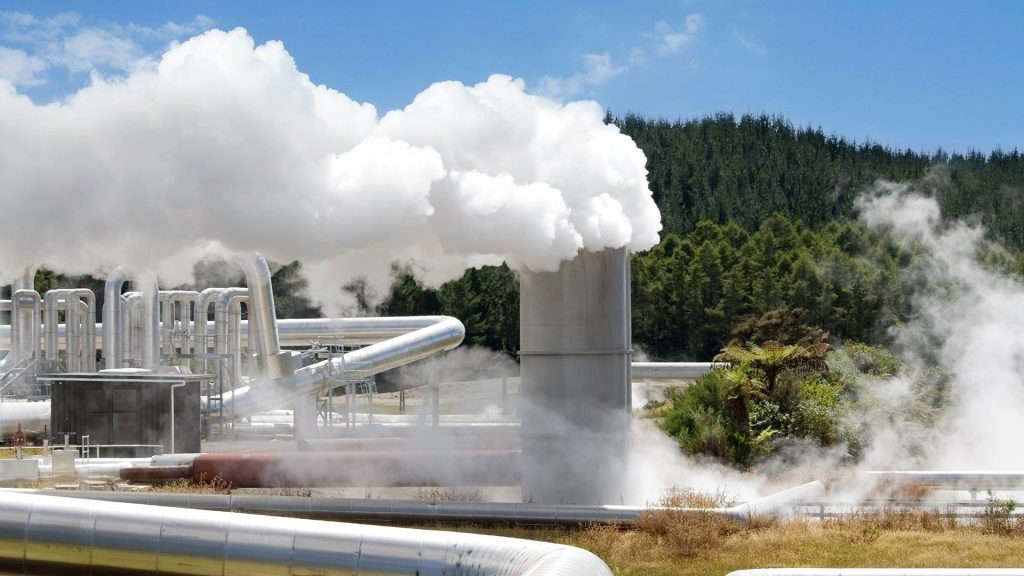
Since some impressive and potentially dangerous milestones will be marked by the work (deeper, hotter, and faster), any concerns about the impact of drilling that far in multiple locations around the world would seem to be sensible.
Solving One Of Humanity’s Greatest Challenges
Quaise experts express confidence in their capability to safely “vaporize boreholes.” The company aims to have the first rig operational this year. According to Quaise’s timeline, by 2028, a former fossil fuel power plant will be converted to geothermal.
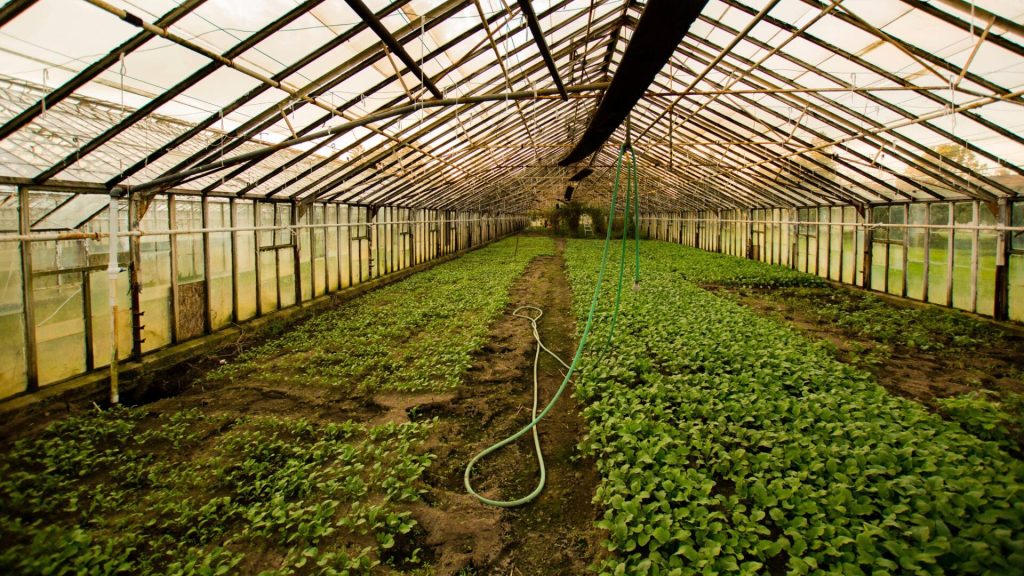
“A rapid transition to clean energy is one of the biggest challenges faced by humanity,” Safar Partners Managing Partner Arunas Chesonis said in the press release.
Hiring Trusted Hands
The company announced earlier this month that it has hired Dr. Geoffrey Garrison as Vice President of Operations and Dr. Trenton Cladouhos as Vice President of Geothermal Resource Development.
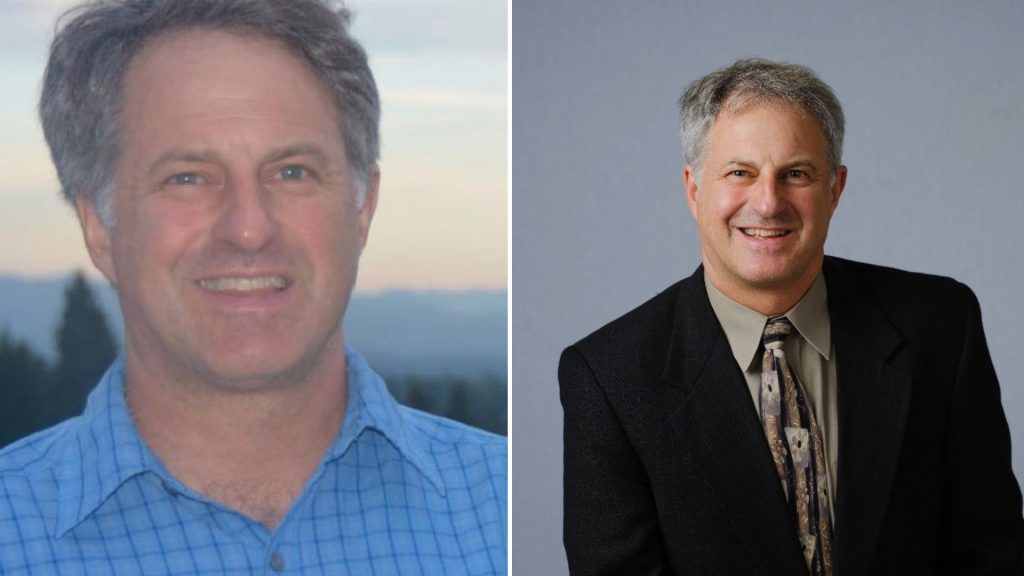
Garrison and Cladouhos come with decades of expertise in geothermal development and high-temperature systems. They will report directly to Quaise Co-Founder and Chief Executive Officer Carlos Araque.
Garrison’s Background And Experience
Garrison previously served as the Vice President of Research and Development at AltaRock Energy. He has over 30 years of experience in industrial development, academic research, technical consulting, and management across multiple sectors. Garrison is also a Ph.D. Holder in Geology and Geophysics from The University of Hawaii,
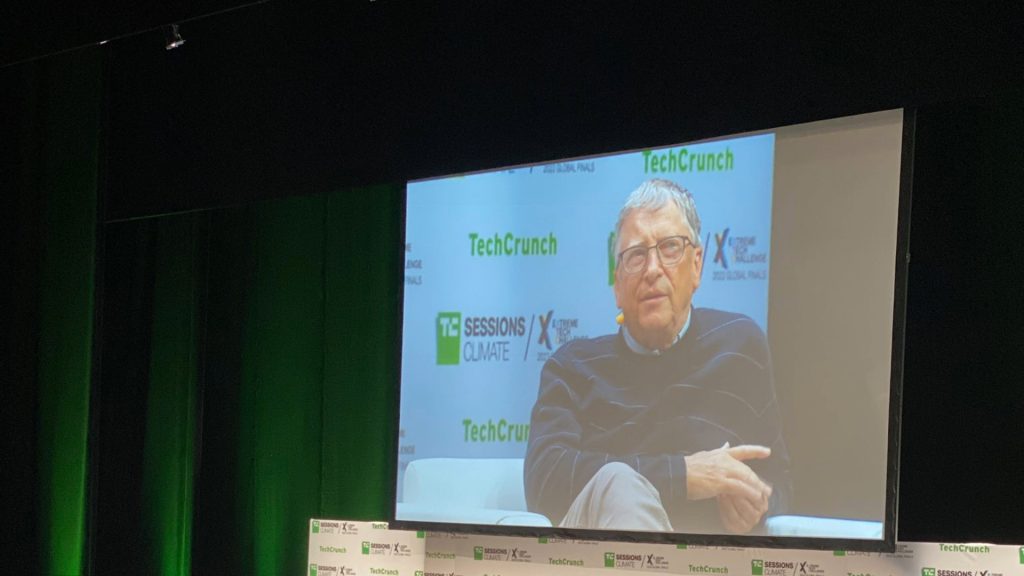
He also has a bachelor’s and master’s degrees in Geology from Stanford University. In his role, Garrison will lead the development of geothermal heat and power projects. He’ll work closely with the business team to find, plan, build, run, and watch over the company’s first test projects in the Western United States.
A Perfect Fit
Cladouhos has 35 years of experience in applied geosciences. He’s spent the last 15 years in geothermal work at AltaRock Energy and Cyrq Energy. He’s also been involved in geothermal projects all over the world, including Engineered Geothermal Systems (EGS), amongst others.
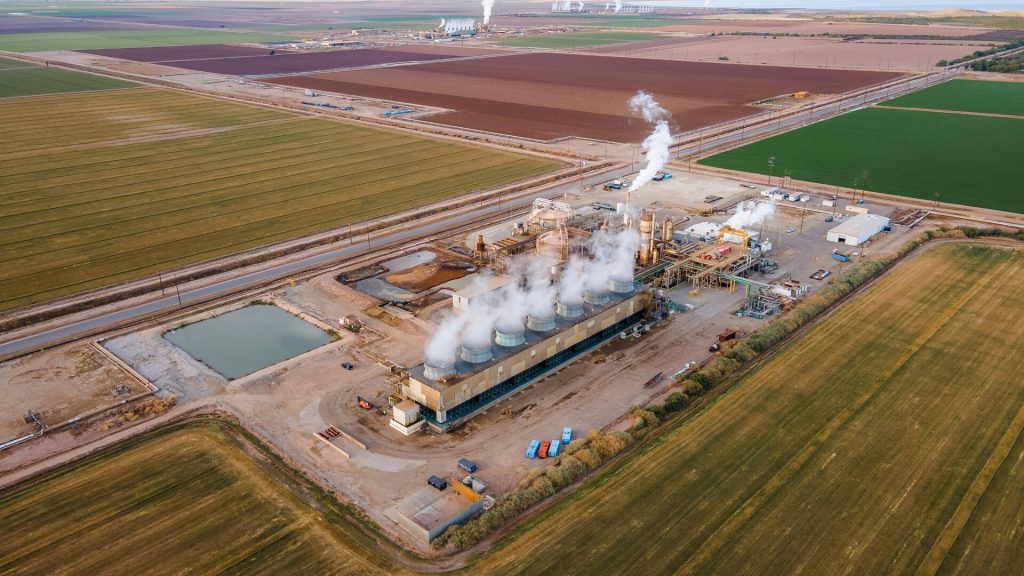
Cladouhos earned a Ph.D. in rock structure from Cornell University and a bachelor’s degree in geology from Stanford University. In his role, Cladouhos will lead a team to develop and test technologies for the world’s first superhot rock EGS demo.
Meet The Project’s Partners: Safar Partners
Safar Partners is a ‘seed- to growth-stage venture fund’ investing primarily in technology companies out of MIT, Harvard, and the University of Rochester. They use private equity ideas to make companies worth more as they get bigger than just their first models.
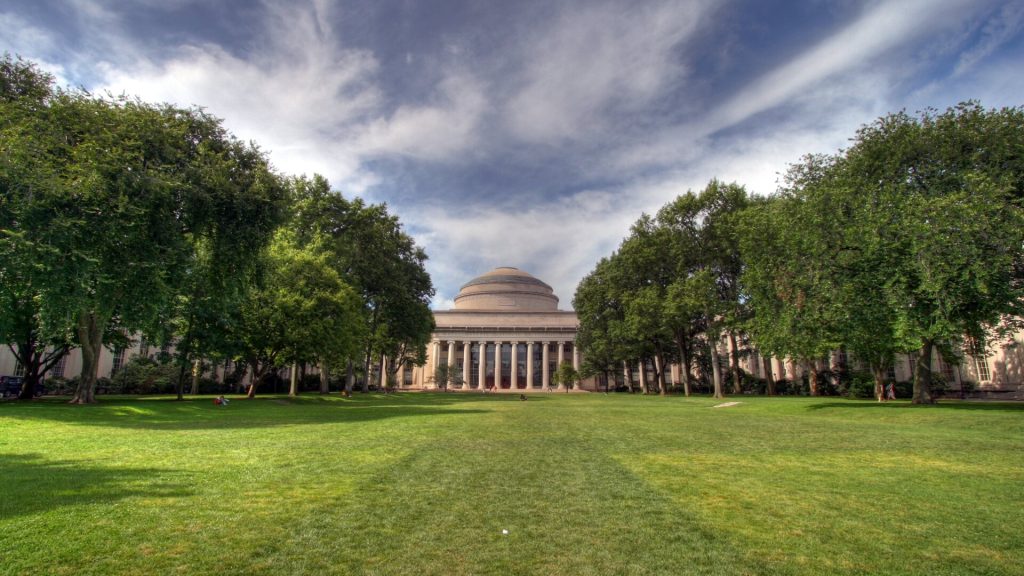
Safar speeds up how fast companies grow by making new businesses or partnerships to reach more markets, industries, or places.
Prelude Ventures: Investing In A Greener Future
Prelude Ventures is a venture capital firm dedicated to advancing the low-carbon economy. The firm supports exceptional entrepreneurs across a range of sectors. These include advanced energy, food and agriculture.

It also includes transportation and logistics, advanced materials and manufacturing, and advanced computing. Prelude Ventures began back in 2013 and is based in San Francisco.

